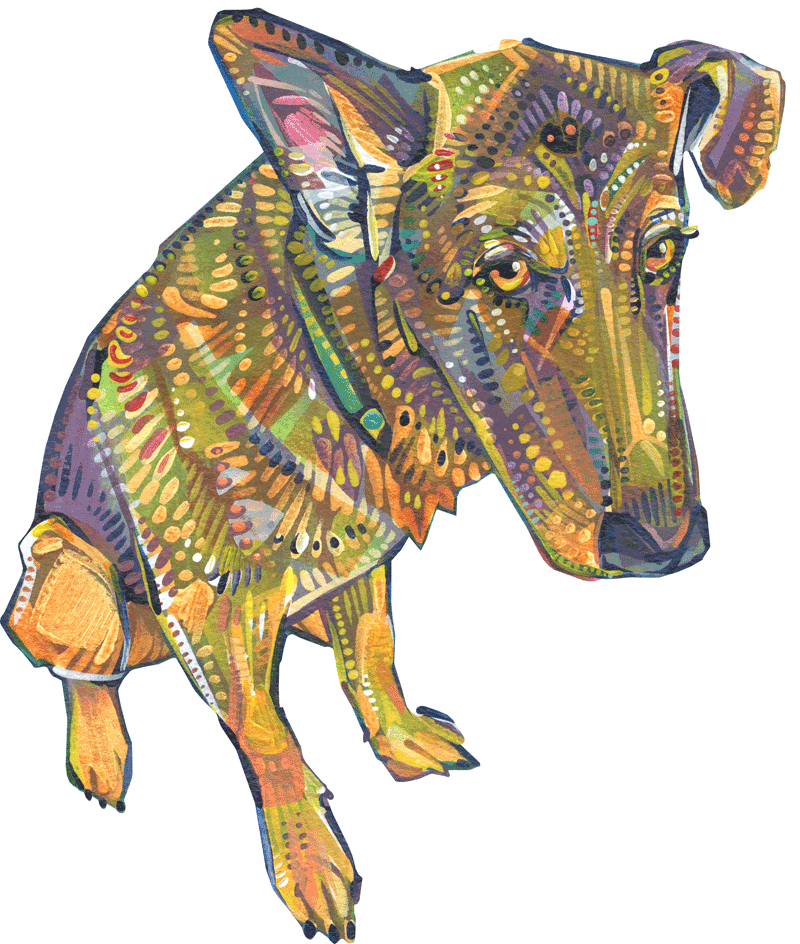Blog / 2025 / Web 3.0 Is AI-generated Content.
September 3, 2025
For years now, we’ve been living with a version of the internet that’s called Web 2.0. It began in the mid-2000s with the arrival of user-generated content.
At first, that term referred mostly to comments on blogs, which is text that a blog-reader inputs into a blog-writer’s site. But these days, now that so many more people are on social media, user-generated content mostly describes all the Tikfacegram updates that individuals post, because they involve users publishing to sites (or apps) that are owned and operated by tech companies.
About a decade ago, some people in the tech industry started saying we were entering a third iteration of the internet. The story goes that Web 1.0 was the era of content created by site owners, with individuals or companies producing everything that appeared on their own site, and Web 2.0 was defined mostly by content made by site users. But the third version of the internet was supposed to be something entirely new. They dubbed it web3 (instead of Web 3.0) and they say it’s based on blockchain, which is the tech that brought us cryptocurrency and NFTs.
Fans of blockchain started talking about their web3 concept in 2014, but the buzz around it really picked up in 2021 with NFTs. That’s when I made this very serious takedown video of the crypto industry’s desire to impose its vision of the internet on everyone. Four years later—which is to say eleven years since they first started talking about it—web3 still hasn’t manifested.
Instead, I’m declaring that we’re now in Web 3.0, and it’s the age of AI-generated content.*
“AI slop” is the official term. Since 2022, it has proliferated exponentially, with social media profiles that consist entirely of AI-generated videos earning impressive view-counts and AI-generated music topping audio streaming services.

Winky GIF
2021
digital animation
(Download the phone-friendly version of this GIF here or check out all my animated art.)
As far as I can tell, AI web isn’t much better than blockchain web. It’s still a version of the internet where big money makes more money, while also making it harder for everybody else to get by. Plus, it’s an iteration of World Wide Web where our tech is burning down the planet, since both AI and blockchain require stupid amounts of electricity to function.
In fact, I’d argue that Web 3.0 is worse than web3. Unlike blockchain, people understand AI-generated content—not the tech behind it, but the idea of it.
Where blockchain tends to feel like something you’re supposed to care about if you’re interested in grownup things like investing, AI-generated content is often fun, making it easy to love.
And love is what the internet is all about. It’s true! The web is based on the notion that connecting us to each other across the world is a good thing. And that means that the problem is what it always was. How to build trust when you can’t be certain who is on the other side of the connection?
In the chat rooms of the early web, the joke was that a dog might pose as a person, and that concern still exists in the newer forums on the web. Later, the apprehension opened up a bit, and people worried about humans on the internet pretending to be experts on topics they have no business talking about. And yet, when you take a minute to reflect about either of these scenarios, it’s clear that these were both problems for humans well before the internet existed.
Trust is a fundamental question for us, and it’s not something we can fast-track. It forms slowly over time, and, no matter what billionaires might try to sell us, no amount of tech can massage that process to make trust automatic.
All of which is to say that blockchain doesn’t make anyone more dependable: it only demonstrates that they have the money to purchase a certificate of trustworthiness. And AI might as well be the God of Trust Issues. As in: can I trust that a video of Trump making out with Putin is real?** But also: do I trust that AI billionaires will one day pay all the artists they stole from to train their tech? And the one that really steams my potatoes: why in the name of fried spud slices does anyone trust AI when it has shown again and again that it lies?
Even on my best days, I can’t claim to understand why humans do what they do, and I’m certainly not clairvoyant. I’m a visual artist who, for a few decades now, has taken a special interest in tech and the way it’s used to limit artists’ ability to express themselves. So I can’t say where the AI web will take us.
What I do know for certain is that, as a glut of the AI-generated content swamps your feeds and searches in Web 3.0, it’s more important than ever to say NO to corporate control of your trust.
Consider getting away from social media and discovering new artists or finding art opportunities another way. Excise the tyranny of algorithms from your life as much as possible—or at least make an effort to recognize when you’re being manipulated. And think again about copyright and whether or not it’s good for creativity.
And most importantly, if you know a real human artist and you appreciate what they do, find a way to support their work.
* There are tech people who see the third iteration of the web as something different. The article you’re reading now is like this one in which I declared social media was dead. I’m a fan of making big statements about our online world as a way of opening up conversations about what’s going on.
** Trump uses AI to promote himself and also as an excuse when he wants to obfuscate the truth even though the facts have been confirmed. If all this seems unnecessarily complicated, please remember that Trump is an authoritarian, and it’s well-documented that authoritarians don’t seek to foster trust with the public. Instead, a dictator’s goal is to make you feel uncertain about reality, so that he can more fully control you.
Did this post make you think of something you want to share with me? I’d love to hear from you!
To receive an email every time I publish a new article or video, sign up for my special mailing list.

